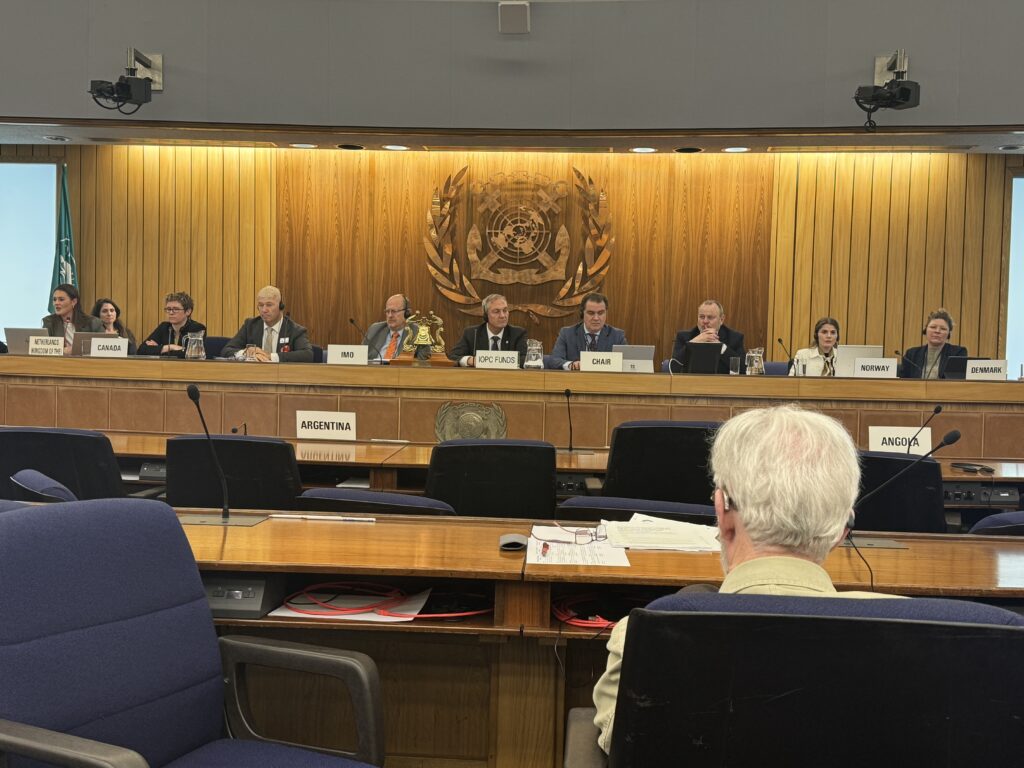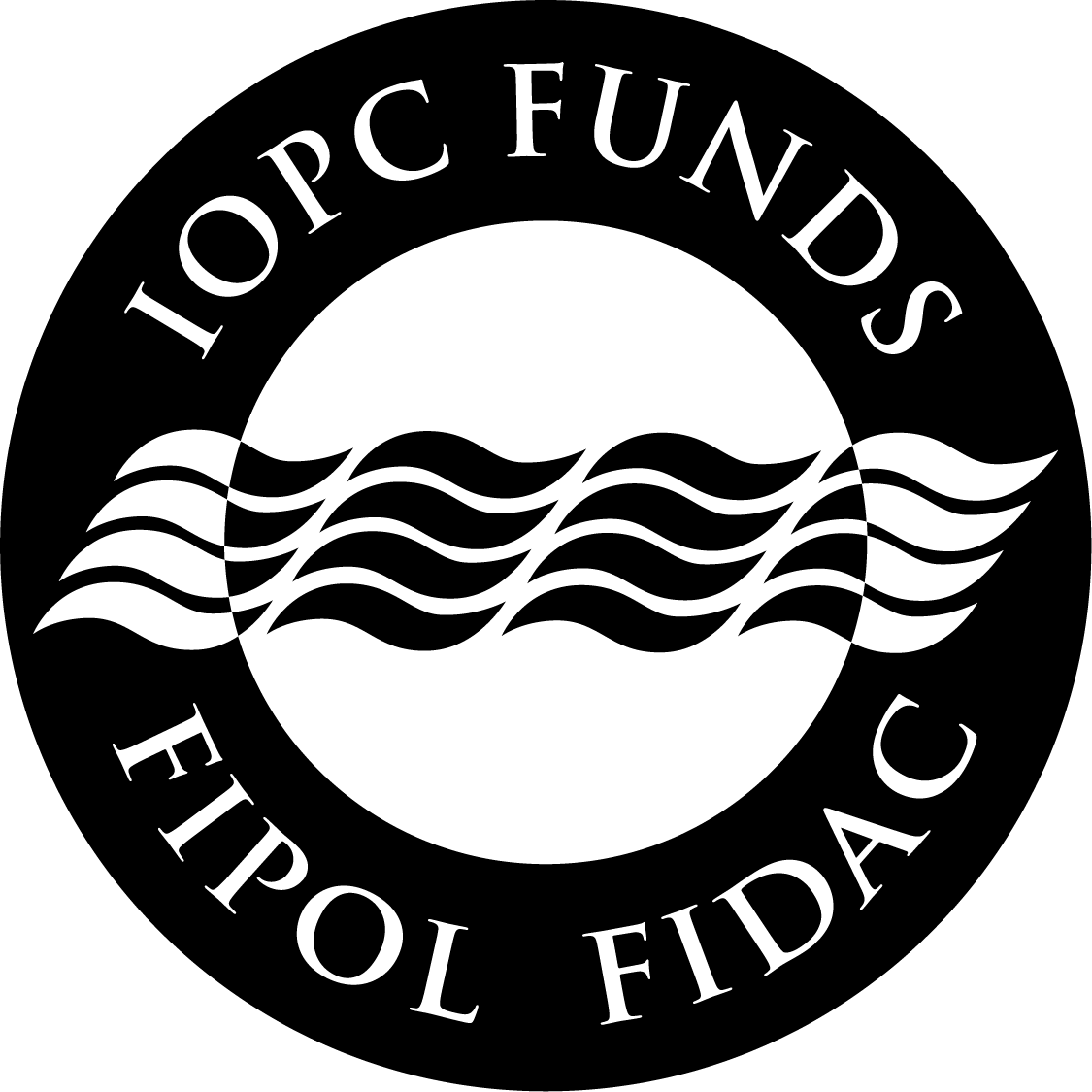IOPC Funds and IMO host joint workshop on the 2010 HNS Convention
Posted: 08/05/2024

On 1 and 2 May, the IOPC Funds and the International Maritime Organization (IMO) jointly hosted a workshop on the 2010 Convention on the Carriage of Hazardous and Noxious Substances (HNS) by sea. The workshop, which was held at IMO and was accessible to both in-person and remote participants, attracted 57 States and a wide range of participants from industry and interested organisations.
In her opening comments, the Director of the Legal Affairs and External Relations Division of IMO, Mrs Dorota Lost-Sieminska, referred to the original Diplomatic Conference that had adopted the 2010 HNS Protocol and expressed her satisfaction that this important treaty was now very much nearing entry into force. She noted that it was important to turn focus to the practical elements of implementation, specifically on HNS cargo reporting and its related practical aspects. IOPC Funds’ Director, Mr Gaute Sivertsen, reaffirmed that sentiment in his opening remarks, stressing that the aim of the workshop was to assist States in the development of an efficient reporting system for HNS cargo. Drawing on the IOPC Funds’ almost 50 years’ experience managing reports for oil, he explained that whilst the reporting of HNS would be more complex, it was certainly manageable with the right systems and processes in place from the start.
The workshop was moderated by Mr François Marier of Canada and took the form of presentations by IMO and IOPC Funds, as well as a panel session and open discussion sessions.
Presentations on the first day focused on the current status of the 2010 HNS Convention and the tools available to assist States with various aspects of implementation and reporting, including the HNS Finder. During a panel session, a number of States which have ratified the 2010 HNS Protocol shared implementation experiences and highlighted the need to consult stakeholders and to adopt legislative and regulatory frameworks as part of the process.
On the second day, Director Sivertsen explained the different reporting options available under the Convention and, whilst highlighting that either option would be manageable, he advocated for States looking to ratify or accede to the Convention, to carefully consider adopting a simpler approach from the outset, which he described. Participants representing both States and industry shared ideas and best practices and posed questions on the practical challenges regarding the implementation of either option. Discussions were constructive and very positive.
In a summary of discussions during the workshop, Mr Marier underscored the need for the establishment of a global framework for HNS liability and compensation. He noted that a report will be circulated to all attendees and made available via the HNS website, where presentations delivered during the workshop have also been published.
During his closing remarks, Director Sivertsen reiterated the Secretariat’s availability to support States and to deliver customised workshops and online and in-person training. He emphasised the importance of understanding States’ obligations under the Convention and the reporting requirements in practical terms, especially given the anticipated entry into force of the Convention.
Twelve States must accede to the HNS Protocol in order for the treaty to enter into force. Out of that number, eight States have ratified the Protocol, with commitments from many other States to do the same. It is expected that the 2010 HNS Convention will enter into force in 2027, some 18 months after the criteria have been fulfilled.
